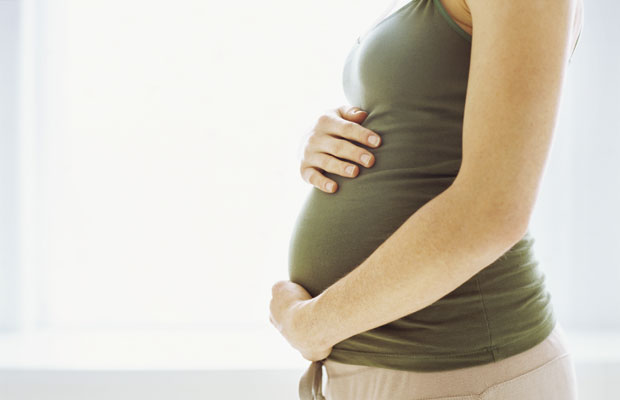If you’re relying on a fertility app on your phone to count the days until your next ovulation, you may not be getting the most accurate information, a new study is warning.

Some fertility apps and websites that track when is a woman is ovulating are spot on but the rest, for the most part, are “all over the place,” according to research out of Weill Cornell Medical College in New York City.
“I’d recommend that consumers be cautious and not completely rely on these sites and apps,” Dr. Robert Setton, an ob-gyn and lead author of the study, said.
“Websites and electronic apps used by the general public to predict fertile windows are generally inaccurate … because there is no rigorous screening process in effect to vet these websites and apps, we recommend caution in their use to assist with fertility,” he said in his research.
READ MORE: How much fish should pregnant women eat?
Setton’s findings are based on testing the accuracy of 33 apps and 20 websites that are meant to predict a woman’s most fertile time of the month. He and his team think they may be the first to study the validity of these apps’ claims.
Women count on these tools to try to conceive – they monitor when a woman has her period and then tells her which days are her best bet for baby-making.
A typical cycle is about 28 days long. The “fertile window” includes the day she ovulates and the five days leading up to it. For a woman with a 28-day menstrual cycle, the likelihood of ovulating is highest on days 10 through 15.
READ MORE: New moms, lose baby weight or face diabetes, heart health risk, study warns
For their research, Setton’s team plugged into the apps the same date that a woman finished her period.
Only one website and three apps came up with that time frame, though. The rest of the results varied far and wide. Some even gave fertile windows that were 10 days long while others spat out ovulation dates that weren’t correct at all.
The reliable tools included:
Babymed.com and these apps: Clue, My Days – Period and Ovulation, and Period Tracker.
READ MORE: Do babies inherit junk food addictions from their moms?
It’s unclear if the other apps that may not be as promising could be setting couples back from conceiving, though.
“If the average woman without fertility issues uses one of these, will it affect her ability to get pregnant? We don’t know,” Setton said.
While couples could face setbacks from using these apps to get pregnant, others shouldn’t rely on them as a form of birth control either, he warned.
Setton presented his findings at the American College of Obstetricians and Gynecologists’ annual meeting, but it hasn’t been published yet. Read the preliminary details here.
carmen.chai@globalnews.ca
Follow @Carmen_Chai


Comments